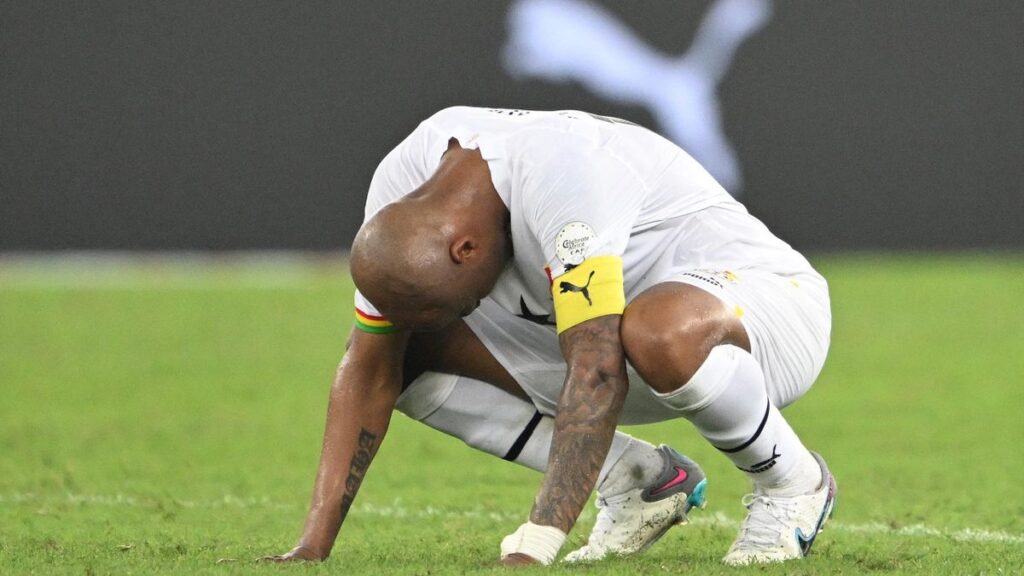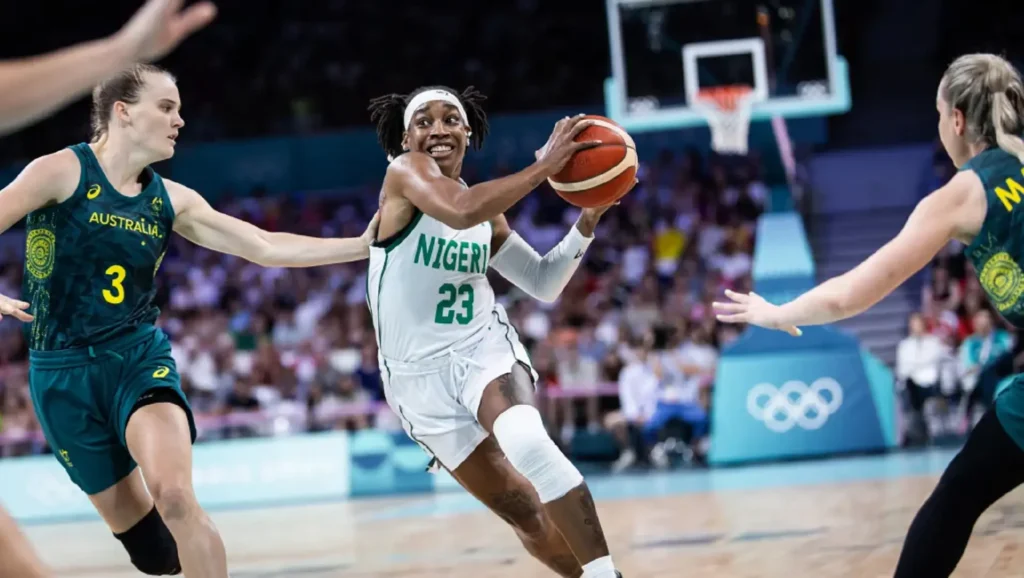For decades, football has been the dominant sport in Ghanaian culture. The Black Stars’ exploits on the pitch have united the nation, from the glory days of the 1960s and ’70s to their unforgettable quarterfinal run at the 2010 World Cup in South Africa.
But recently, the shine on the Black Stars has been fading.
Ghana hasn’t lifted the Africa Cup of Nations (AFCON) trophy since 1982, marking over four decades of drought despite the pouring of massive resources and investment into the national team.
Recent team performances have been dismal—group-stage exits at AFCON 2021, failing to win any of their three games, and a string of underwhelming results have cast a dark shadow on the Black Stars team.
With the recent developments, it might be time for Ghana to rethink its priorities: stop funneling nearly all sports funding into football and invest more resources into other sports disciplines.
Numbers Don’t Lie
Ghana’s Ministry of Sports and Recreation (formerly Youth and Sports) allocates more than 90% of its budget to football and related activities, leaving little for everything else.
Recently, the Ghana Football Association’s (GFA) budget requests for World Cup qualifiers exceeded $1 million, with the government slashing items like fuel allocations but still prioritizing the Black Stars over other teams.

Meanwhile, the National Sports Authority (NSA) struggles to support lesser-known sports, leading to warnings from the Ghana Olympic Committee that smaller disciplines could collapse without diversification.
The current football-centric approach has been yielding diminishing returns.
The Black Stars have reached the AFCON final five times since their last win but lost each one, including defeats in 2010 and 2015. In the World Cup, the team has mostly crashed out in the group stages or failed to qualify altogether.
Since September 2024, the national team has played 14 matches, resulting in five wins, five losses, and five draws. Its winning record is a paltry 36%.
These poor performances have significantly affected its World Rankings. The team, which was once ranked 16th in the world in 2010, has steadily dropped to 76th.
The continuous pouring of large investments into a program that does not yield optimal results makes no sense economically, especially when there are opportunities to grow other sports.
(Former) Olympic Glory
Ghana’s neglect of other sports is evident in its Olympic record. Since independence, the country has won only five medals: four in boxing (one silver, three bronzes) and one bronze in men’s football at the 1992 Barcelona Games.
Clement Quartey’s silver in 1960, bronzes in 1964 and 1972, have been one of the better highlights of the country’s foray into other sports.
Samuel Takyi gave Ghanaian boxing a slight boost when he won a bronze medal in the 2020 Olympics.
Unfortunately, the sport is not what it once was.
The country’s participation in the Olympic Games has also diminished over time, with Ghana sending only eight athletes in the 2024 Paris Games.
There have been flashes here and there. Ghana won four gold medals in boxing at the 2014 Commonwealth Games and has produced talents like Forrester Osei in weightlifting.
Yet, without funding, these areas continue to languish.
Athletes like sprinter Benjamin Azamati have appealed for more funding and investment in athletics to help with the development of talent.
“Lack of government support is hindering Ghanaian athletes from winning medals,” he said.
Women’s sports, in particular, suffer from undervaluation, with no specific mechanisms for equal resource allocation despite national policies promoting it.
African Peers are Doing Better
Across West Africa, Ghana’s peers have fared better in diversifying. Nigeria, Ghana’s West African rivals, have a well-diversified sports front.
The Super Eagles have won three AFCON titles and Olympic gold in football (1996), but they’ve also amassed 27 Olympic medals overall, many in athletics like long jump and sprinting.
Their women’s basketball team, D’Tigress, made history at the 2024 Paris Olympics with Nigeria’s first-ever win in the sport, beating Australia 75-62.
The team recently won the 2025 Afrobasket tournament in Côte d’Ivoire.

Ghana, on the other hand, hasn’t had a national basketball team compete in the FIBA national tournament since 2011.
Other African nations show similar benefits from focusing on strengths outside the pitch. Kenya dominates long-distance running, with 14 medals at the 2008 Beijing Olympics alone.
South Africa excels in rugby, cricket, and swimming, using sports to promote equality and economic growth—hosting events like the Rugby World Cup has generated billions in revenue.
Supporting Other Athletes
Ghana has the talent pool to join these ranks of its African peers in having a diversified sports pool. Our history in boxing and emerging stars in athletics prove it.
But continuing to bet everything on football risks missing opportunities.
Policymakers are working on a Sports Fund Bill to address funding gaps, ensure transparency in allocations, and mandate diversification.
Passage of this bill could lead to more medals, more sports heroes, and a sports ecosystem that truly reflects Ghana’s diverse potential.
The Black Stars, at the moment, are on course to qualify for the 2026 World Cup next year. But public commentary on the team’s performance has largely been negative.
Qualification and even a promotion to the next stage of the World Cup might give Ghanaians hope that the team will do great and restore Ghanaian football to its former glory.
But it’s high time that the country let other sports share the spotlight—and the budget.





